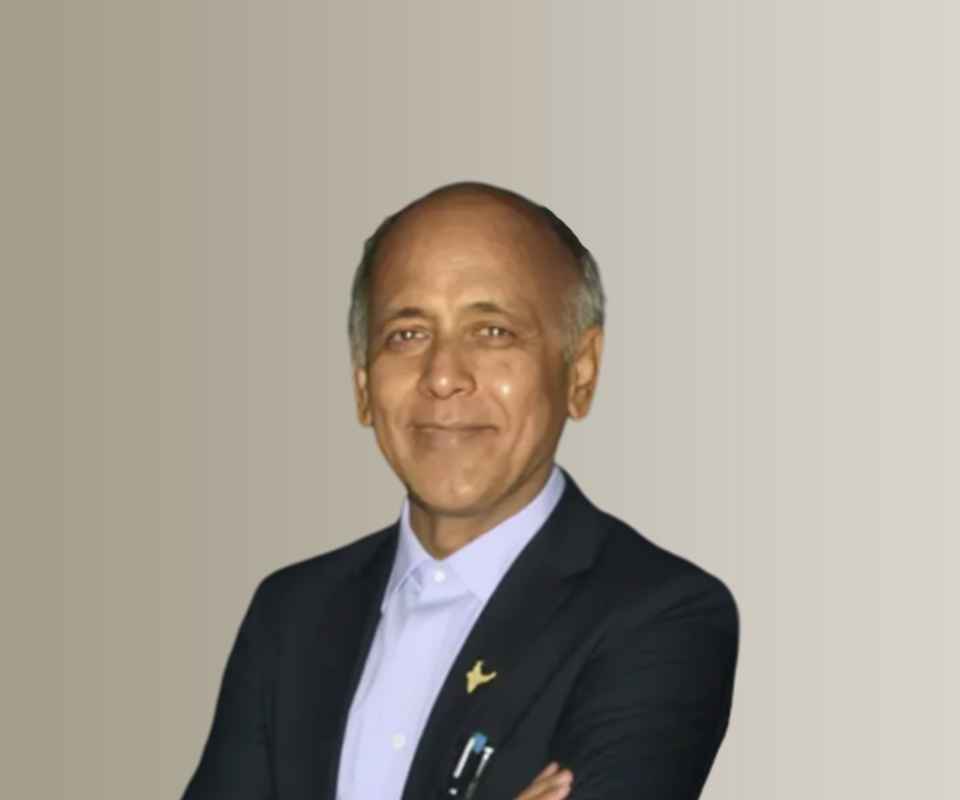Answer By law4u team
Lok Sabha Passes Waqf Amendment Bill
The Lok Sabha on Thursday passed the Waqf (Amendment) Bill, 2025.
The Bill was tabled before the House on Wednesday, April 2. It was introduced by Union Minister Kiren Rijiju and passed at around 2 AM on April 3, Thursday, after a marathon debate of over 12 hours.
288 Members of Parliament (MPs) voted in favour of the Bill, while 232 MPs opposed it.
Key Statements
In his speech, Rijiju said that the Bill does not infringe on the religious rights of Muslims and that it pertains only to the management of property.
If we had not come up with this legislation, even the Parliament building would have been claimed as waqf, he added.
Union Home Minister Amit Shah stated that there is a huge misconception that the proposed amendment will interfere with the religious affairs of Muslims or property dedicated by them.
would like to tell Muslims in the country that not even one non-Muslim will come into your waqf,he said.
BJP MP Tejasvi Surya added that the Bill will undo the constitutional fraud imposed on the country by the Congress party.
Opposition Criticism
Among the opposition members who condemned the Bill was Congress MP from Assam, Gaurav Gogoi, who termed it an attack on the basic structure of the Constitution.
All India Trinamool Congress (AITC) MP from West Bengal, Kalyan Banerjee, argued that the Bill was a clear violation of the right of Muslims to perform and manage their religious affairs under Article 26 of the Constitution.
Congress MP KC Venugopal accused the BJP of attacking religious minorities.
The Revolutionary Socialist Party (RSP) MP from Kerala, NK Premachandran, added, You have made non-Muslim members mandatory on the waqf board. Will you say that for devaswom boards of temples?
Independent MP from Jammu and Kashmir, Abdul Rashid Sheikh, commented that it was a numbers game at play. We all know this Bill will be passed because they have the majority… I want to tell Muslims of this country that this is a numbers game for them and you are stuck in between, he said.
Kerala Congress MP Advocate K Francis George, meanwhile, objected to claims that the Bill could help resolve the ongoing Munambam-waqf dispute in Kerala. Munambam dispute can be resolved by making ambiguous provisions of the Act unambiguous, and it can be done without affecting the fundamental rights of Muslims,he said.
All India Majlis-e-Ittehadul Muslimeen (AIMIM) MP Asaduddin Owaisi tore a copy of the Bill to mark his opposition to it. When you say waqf council and board are religion-neutral, you can nominate your pawns. What kind of mockery of democracy is this? he asked.
The Waqf Act and Bill Provisions
The Bill, which proposes to amend the Waqf Act, 1995 in order to address the regulation of Waqf properties, was first introduced in the Lok Sabha in August 2024. It was then sent to the Joint Parliamentary Committee (JPC), which accepted suggestions for certain amendments to the bill.
Waqf refers to properties dedicated exclusively for religious or charitable purposes under Islamic law. The Waqf Act, 1995, was enacted to govern the administration of waqf properties (religious endowments) in India. It provides for the power and functions of the Waqf Council, State Waqf Boards, and the Chief Executive Officer, as well as the mutawalli. The Act also describes the power and restrictions of Waqf Tribunals, which act in lieu of a civil court under its jurisdiction.
Key Provisions of the Bill
- Renaming the Act: The Bill proposes renaming the Waqf Act, 1995 to the Unified Waqf Management, Empowerment, Efficiency, and Development Act to reflect broader objectives.
- Criteria for Declaring Waqf: Only individuals practicing Islam for at least five years may declare a Waqf, and they must own the property being declared.
- Changes to the Waqf Council: The Bill requires non-Muslim members to be included in the Waqf Council, which was previously restricted to Muslims only.
- Audit Changes: The Bill allows the Central government to audit Waqf accounts, possibly by the CAG or designated officers, instead of state governments having this power.
- Appeals to High Court: The Bill removes the finality of decisions made by the Waqf Tribunal, allowing appeals to the High Court within 90 days.
Other Provisions
- The Bill allows separate Waqf Boards for the Aghakhani and Bohra sects in addition to the Sunni and Shia sects.
- The Bill empowers the Central government to make rules regarding registration, publication of accounts of waqf, and publication of proceedings of Waqf Boards.







